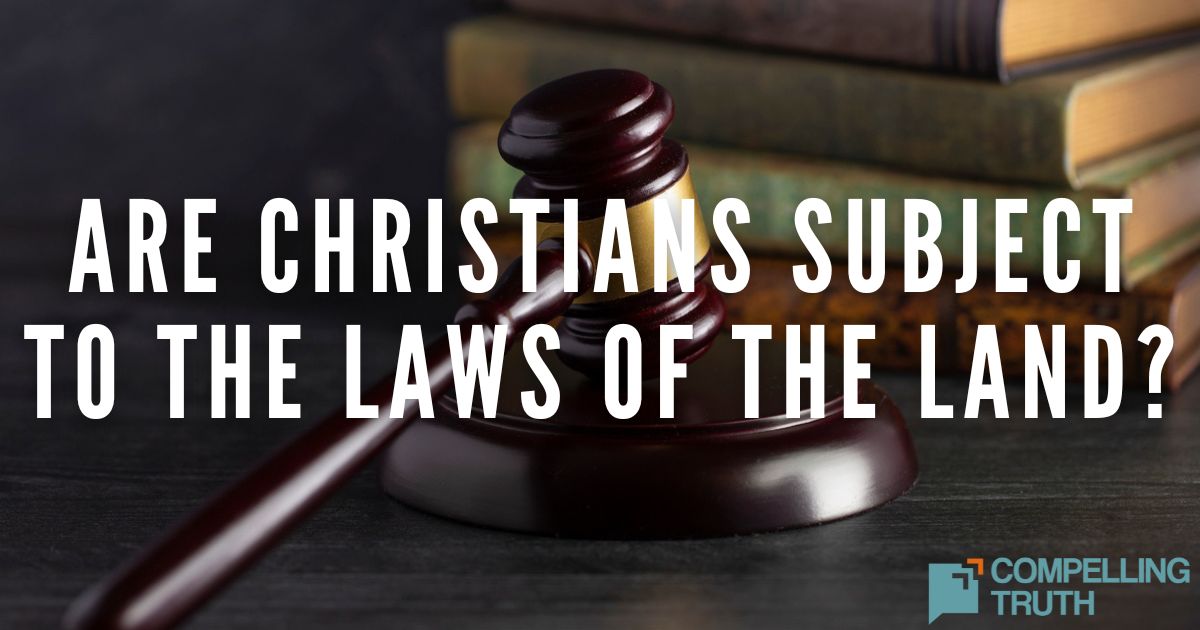Scripture distinguishes between criminal wrongdoing and civil disputes. Governments are established by God to punish evil and protect the public, so crimes should be handled by the proper authorities (Romans 13:1–4; 1 Peter 2:13–14). While a victim is not always required to press charges, Christians must not harbor or enable criminal activity; entrusting such matters to civil authority is part of loving neighbors well (Romans 13:4).
When believers have disagreements over non-criminal issues, Jesus outlined a process for resolution that begins with private discussion, involves witnesses if necessary, and ultimately seeks the church’s help (Matthew 18:15–17). Paul strongly warned against Christians suing other Christians, urging disputes to be resolved within the church and even accepting personal loss rather than risking harm to the church’s witness through a public dispute (1 Corinthians 6:1–8). At the same time, the Bible does not prohibit all use of civil law. For instance, Paul claimed his legal rights as a Roman citizen when dealing with non-believers (Acts 22:25–29; 25:10–12). Wisdom advises against rushing into legal action (Proverbs 25:8–10) and emphasizes the importance of listening to both sides carefully (Proverbs 18:17). Believers should pray for discernment before taking any steps (James 1:5).
If you're considering a lawsuit, start by asking what kind of wrong it is. If it involves real, physical harm, coercion, fraud, or an ongoing threat—and especially if the offender is an unbeliever—civil authority is there for this purpose. God appoints governing authorities to restrain evil and protect life, so using lawful means in such cases can be right and wise. Carefully document the facts, seek legal advice, and pursue justice without vengeance, aiming to “live peaceably with all” as far as it depends on you (Romans 12:18).
If the dispute is with another believer over sin or a personal wrong, your first step should follow Jesus’ process: speak privately with your offending brother or sister and try to resolve the issue. If he or she refuses to listen, bring one or two others who can witness your talks and offer help. If others confirm that the other believer is sinning, the church should become involved (Matthew 18:15–17). Aim for repentance and restored fellowship. Civil action may still be necessary in some cases (e.g., crimes, ongoing danger), but start with the method Scripture provides.
If you're unsure whether a matter is a civil issue, seek guidance from a mature believer or church leader. Share the situation without revealing the other party’s identity to protect his or her privacy until the process requires involving others. Pray for wisdom, pursue truth humbly, and speak and act in ways that honor Christ.




